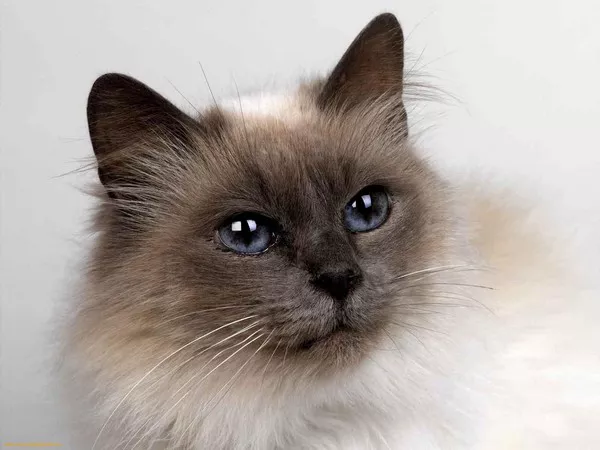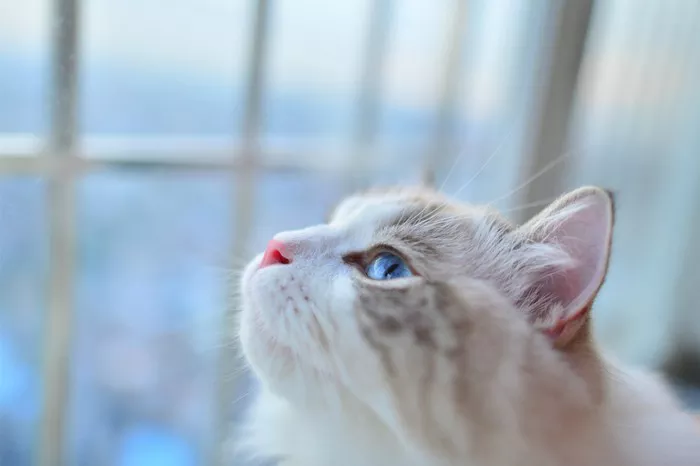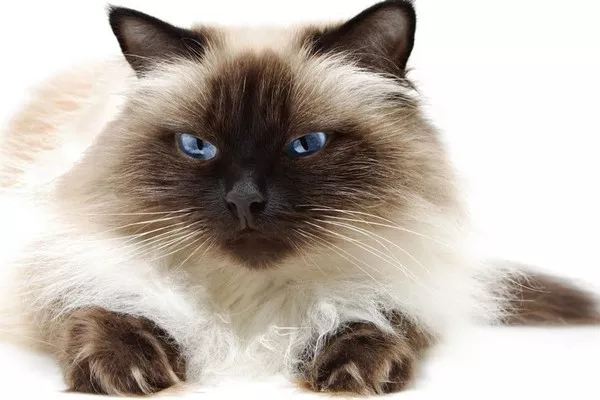Cats, with their discerning palates and unique dietary needs, often leave pet owners pondering the intricacies of feline nutrition. Among the various options to enhance your cat’s diet, beef liver emerges as a nutrient-dense and flavorsome choice. In this comprehensive exploration, we delve into the world of feline dietary requirements, the nutritional benefits of beef liver, and considerations for incorporating beef liver into your cat’s meals.
Understanding Feline Nutrition:
Cats, as obligate carnivores, have evolved with dietary requirements that differ significantly from their canine counterparts. Their nutritional needs center around high-quality animal proteins, essential fatty acids, vitamins, and minerals. Unlike dogs, cats rely on specific nutrients found in animal tissues to meet their dietary essentials, making a balanced and thoughtfully crafted diet crucial for their overall health.
The Role of Organ Meats in a Cat’s Diet
Organ meats, such as liver, heart, and kidney, play a pivotal role in meeting cats’ unique nutritional needs. Among these, beef liver stands out as a nutrient powerhouse, offering a rich source of essential nutrients that contribute to your feline friend’s well-being. However, as with any dietary addition, moderation and balance are key to ensuring optimal health.
Nutritional Composition of Beef Liver:
Protein-Rich Goodness
Beef liver is renowned for its high protein content, providing essential amino acids that contribute to muscle maintenance and overall growth in cats. These proteins are integral to supporting your cat’s energy levels and ensuring the proper functioning of various physiological processes.
Vitamins Galore
Liver, particularly beef liver, is a vitamin-rich organ meat. It serves as a concentrated source of vitamins A, B12, and folate, each playing crucial roles in maintaining a cat’s vision, neurological health, and overall vitality. However, it’s essential to note that excessive vitamin A intake can have adverse effects, emphasizing the need for moderation.
Mineral Abundance
The mineral profile of beef liver includes iron, zinc, phosphorus, and selenium—elements vital for maintaining a cat’s bone health, immune function, and metabolic processes. While these minerals are essential, excessive intake can lead to imbalances, reinforcing the importance of controlled portions.
Considerations for Including Beef Liver in Your Cat’s Diet
Moderation is Key
While beef liver offers a plethora of nutritional benefits, moderation is crucial. Introducing small, controlled portions ensures that your cat reaps the rewards without facing potential imbalances or excessive intake of certain nutrients. Aim for a balanced diet that includes a variety of protein sources to meet your cat’s diverse nutritional needs.
Balancing the Diet
A well-rounded feline diet incorporates a mix of muscle meats, organ meats, and bones. This mimics the natural prey model that cats would encounter in the wild, promoting a comprehensive and balanced nutrient intake. Including beef liver as part of this variety contributes to a holistic nutritional profile for your feline companion.
Source and Quality Matter
Opting for high-quality, fresh, and preferably organic beef liver ensures that your cat receives the maximum nutritional benefits. Be mindful of the source of the liver, avoiding meats treated with hormones, antibiotics, or other additives. Consult with your veterinarian to select reputable suppliers or explore raw feeding options under professional guidance.
Potential Risks and Considerations
Vitamin A Toxicity
While vitamin A is essential for a cat’s health, excessive intake can lead to toxicity. Beef liver contains high levels of vitamin A, making it imperative to control portions to prevent overdosing. Symptoms of vitamin A toxicity include lethargy, bone abnormalities, and even death. Consulting your veterinarian helps establish appropriate serving sizes.
Phosphorus and Calcium Balance
Maintaining a proper balance between phosphorus and calcium is crucial for a cat’s bone health. Beef liver, while rich in many nutrients, may upset this delicate balance. To counteract this, include other protein sources and bones in the diet, ensuring a comprehensive and harmonious nutrient profile.
Cooked vs. Raw:
Raw Feeding Considerations
Some pet owners opt for raw feeding, contending that it aligns more closely with a cat’s natural diet. When incorporating raw beef liver, precautions such as sourcing high-quality meats, proper storage, and hygiene become paramount. Consult with your veterinarian to create a safe and balanced raw feeding plan tailored to your cat’s specific needs.
Cooking for Safety
Cooking beef liver reduces the risk of bacterial contamination and parasites, providing an extra layer of safety. However, cooking may lead to nutrient loss, and it’s crucial to strike a balance between safety and preserving the nutritional integrity of the liver. The cooking method and duration play key roles in maintaining nutrient levels.
See Also: Pros & Cons of Cooked Beef for Cats
Consulting Your Veterinarian:
Before making significant changes to your cat’s diet, including the introduction of beef liver, consulting with your veterinarian is imperative. A thorough understanding of your cat’s health, dietary history, and specific nutritional needs allows your veterinarian to offer personalized recommendations. They can guide you on appropriate serving sizes, frequency, and potential supplementation based on your cat’s unique requirements.
See Also: 8 Best Human Foods for Cats
Conclusion:
In the realm of feline nutrition, the inclusion of beef liver emerges as a beneficial choice when approached with mindfulness and moderation. Understanding your cat’s nutritional needs, consulting with your veterinarian, and maintaining a balanced approach to diet ensure that your feline companion thrives on a holistic and nutrient-rich regimen. By navigating the intricacies of feline nutrition, you embark on a journey toward enhancing your cat’s well-being and fostering a lifelong, vibrant companionship.


























